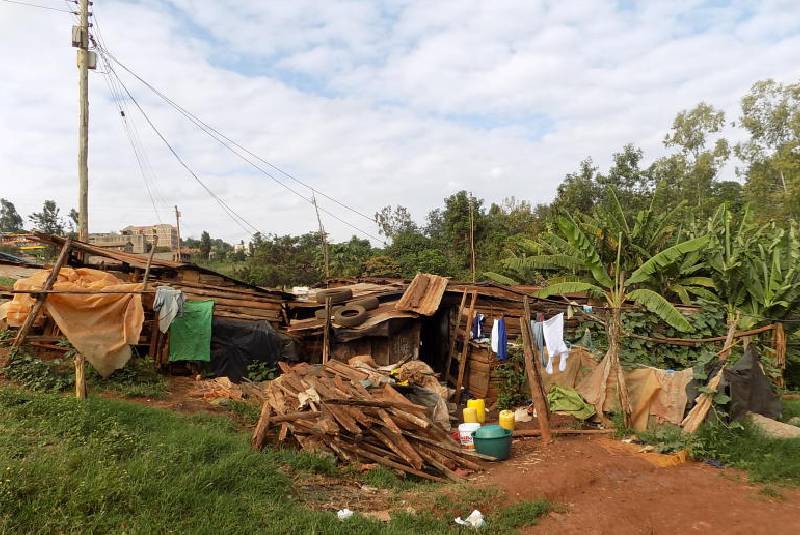×
The Standard e-Paper
Join Thousands Daily

Children brought up here had no hope of proceeding to secondary schools. [Photo, Standard]
A slum in Embu town long known for alcoholism and crime is today a glowing example of what bursaries for needy students can achieve.